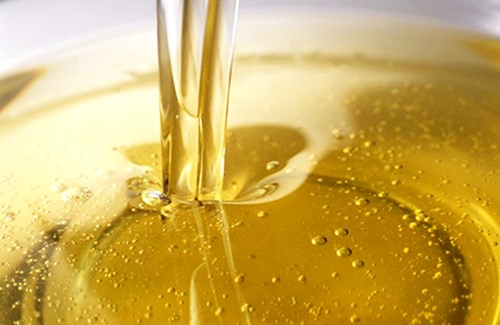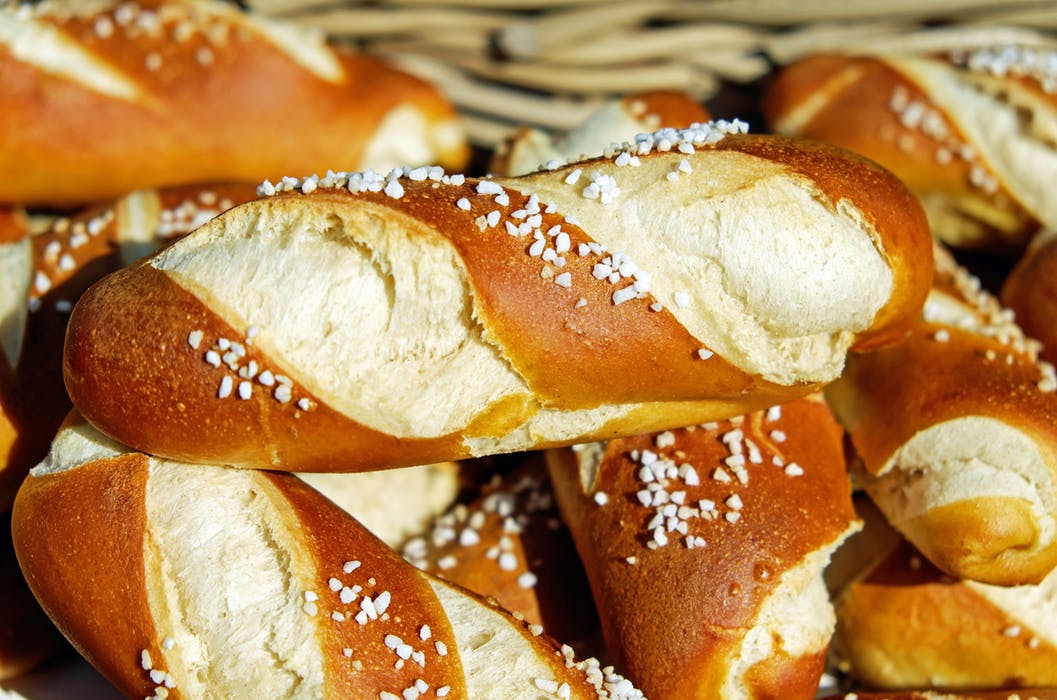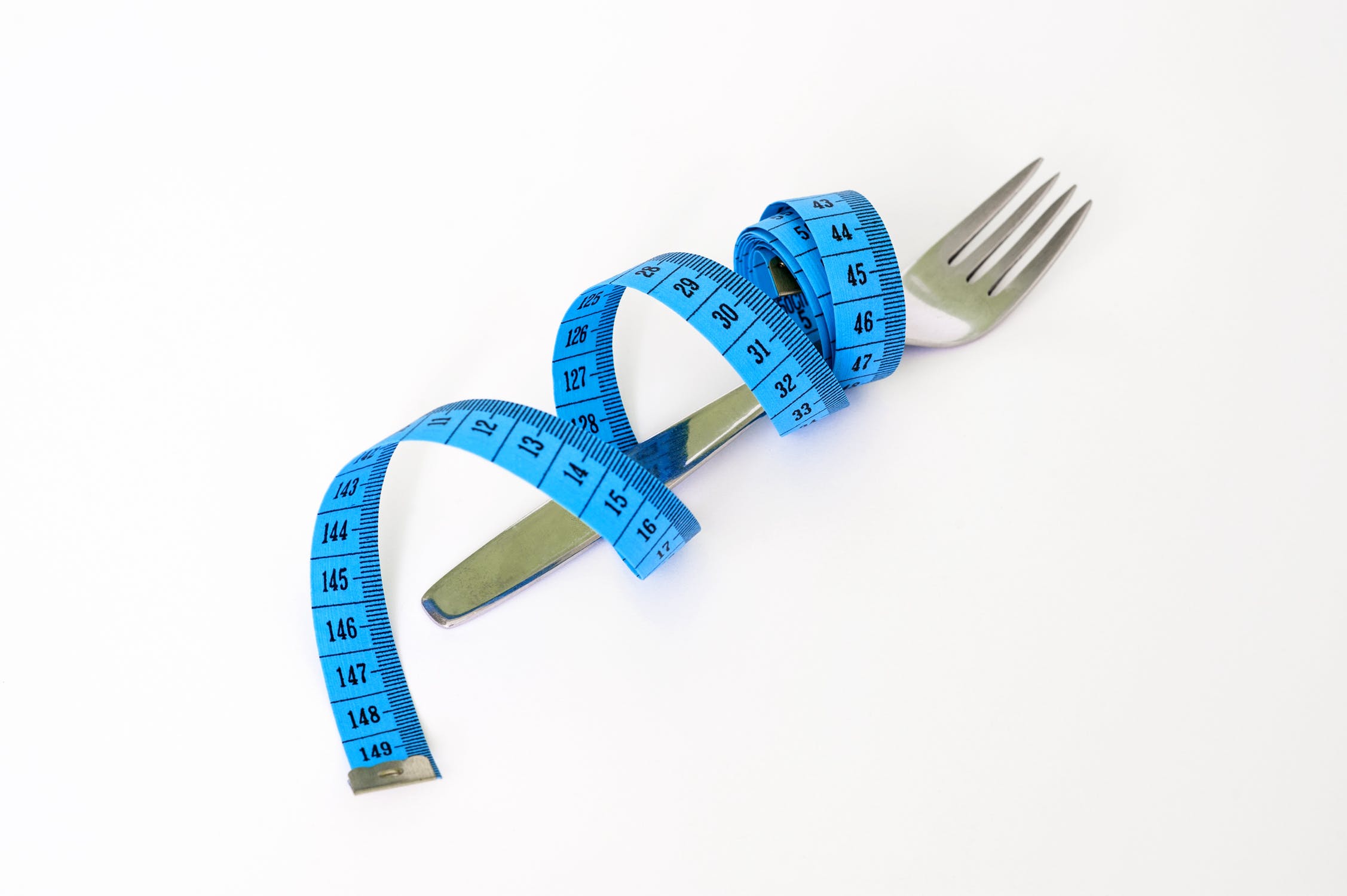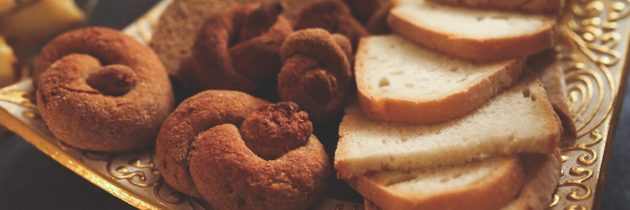7 Reasons Why You’re Gaining Weight
Overweight? You are not alone. Over two-thirds of our population is either overweight or obese. Your weight is largely controlled by hormones that influence your appetite and how much fat you store. Wondering why you are packing on the pounds..these seven reasons may be to blame.

Excess Omega 6 Fatty Acid
The vast majority of Americans are eating a diet weighted heavily in omega 6 fat. Omega 6 fat is a healthy essential fat but the average individual is eating too much of this healthy fat. When we eat the typical Western diet with an excess of processed foods, junk foods, cooking oils or meats raised conventionally, a compound called Arachidonic Acid is created and stored within the fat cell, bloating it and creating fat cell inflammation that promotes belly fat – the most inflammatory fat. By adding more omega 3 fat to the diet, this essential fat helps to reverse the inflammation within the fat cell and triggers master weight loss hormones such as adiponectin and leptin that tells the brain you’ve had enough to eat – a reduced appetite. Additionally, simply changing your cooking oil, for example, can help shed belly fat. Swap out cooking oils high in omega 6 fats such as: canola oil, vegetable oil, corn oil or soy oil for healthy oils such as coconut oil, red palm fruit oil or macadamia nut oil.

Stress
Every day stress, even if they are small minor annoyances, can add up in terms of added pounds on our body. If you are on a specific type of diet and you find yourself not sticking to the meal plan 100% on a given day, it can also cause unwanted anxiety and stress. If this is the case, perhaps apply the CICO diet rule and get your body moving a bit more during the day to burn off what you indulged in. If you are on a specific type of diet and you find yourself not sticking to the meal plan 100% on a given day, it can also cause unwanted anxiety and stress. When we are stressed chronically, the stress hormone Cortisol is triggered chronically as well and this means belly fat. When stressed, cortisol actually redistributes fat from other areas of the body to the belly, creating the well-known ‘muffin top’ or ‘beer belly’ There is also a decrease in muscle mass that, in time, slows metabolism.
One of the first reactions many have when stressed is reaching for comfort foods to feel better. This does distract and triggers ‘feel-good’ chemicals that have a soothing effect, but in the long-run, these comfort foods and /or junky processed foods such as cookies, cakes, chips, ice cream, soda, candy, crackers, white bread and whole wheat bread with added sugar, fast food and more trigger cortisol as well as fat cell inflammation and the resulting belly fat – in particular, the deep visceral fat.
To reduce stress , practice de-stressing with deep breathing that stops the stress response in its tracks and the best part? You can do it anywhere, at any time, such as with the 4-7-8 Deep Breathing Technique: Breathe in through your nose for 4 seconds; Hold for 7 seconds; Exhale for 8 seconds. Repeat 6 times. This will help to keep your cortisol lower. Additionally, eating a healthy diet will help to prevent stress as well. Avoid simple carbs, processed foods, and refined grains, and get plenty of high-quality protein and high-fiber foods, such as fruits, veggies, nuts, seeds, beans, and whole grains.

Excess Carbohydrate Intake
The average person is eating a whopping amount of carbohydrates and all carbohydrates are broken down to glucose (sugar) in the body. The hormone Insulin is then called to action – to remove excess glucose to address the problem. Type 2 diabetes has been linked to the over-consumption of refined carbohydrates, which include white breads, pasta and many packaged snack foods. These types of carbs digest quickly and cause a rush of glucose into the blood triggering insulin in excess but blood glucose as well. Unfortunately, the excess insulin is also a fat storage hormone and can result in weight gain, obesity and many other health issues.
Replace excess carbs with high-quality fat and moderate protein which will give you steady energy & keep you full for hours. Carbs in general (not just sugar) cause a glucose spike and crash that leaves you with cravings a short while later.

YoYo Dieting
YoYo dieting, also called Weight Cycling is the repeated losing and gaining of body weight that has the unexpected effect, even in just months, of weight gain – in particular, belly fat. This in fact, is more damaging to health than simply being consistently overweight. Weight cycling has another unfortunate side effect – you gain more than originally lost. This constant weight cycling also has a hormonal effect that promotes more fat storage in your middle. Weight cycling adds belly fat and is due to a sharp reduction in food intake: aka crash dieting that does shed weight. However, when you go back to eating normally (and you will), your metabolism has slowed and the result is belly fat. Instead of quick diets to lose weight or counting calories, focus on a healthy diet that includes lean protein at every meal and snack, a healthy carb and a healthy fat. Water is key to weight loss success and boosts metabolism, promotes metabolism-boosting muscle and stops hunger and cravings (especially sugar cravings). There is a vast difference in the way the body metabolizes a 100 calorie candy bar vs. 100 calories of broccoli. The phytonutrients in the broccoli saturate the fat cell and reverse the inflammation within the cell to release stored fat – the way a healthy fat cell does as opposed to an unhealthy fat cell that stores fat and holds on to it. Additionally, drink half your body weight in ounces of water each day, consistently – every day for optimal effect. The bottom line? Don’t diet.

Gut Health
Our gut health is critical to belly fat loss and optimal health. Research shows a clear connection between belly fat and bad gut bacteria. We have within our gut, approximately 1 trillion gut bacteria. Unfortunately, many are eating the typical Standard American Diet (SAD) and the balance of healthy and unhealthy gut bacteria is in favor of the bad varieties. The reason is that the typical diet is high in sugar and carbohydrates which feed the bad bacteria – they need these foods to live, to thrive and to reproduce. Having a gut weighted heavily with unhealthy gut bacteria means that you can eat the same number of calories as a lean person, yet extract and store more calories from your food. Additionally, gut bacteria has a powerful influence on the liver – our #1 fat-burning organ and when not healthy cannot do its job of fat burn and removing toxins from our diet.
Creating a healthy gut happens within days. Prebiotic and probiotic foods are key. Add prebiotic foods – they are like fertilizer for the healthy gut bacteria that reduces belly fat such as onions, garlic, Jerusalem artichokes or leeks feed the healthy gut bacteria. Also, add cultured or fermented foods that plant healthy gut bacteria within the digestive tracts such as yogurt (without sugar), cottage cheese, olives, pickles, sauerkraut and the Korean condiment Kim Chee. These foods will help protect your liver and help reduce belly fat. Additionally, add a probiotic supplement. Ensure it is a quality product at least 15 billion and multi-strained.

No Strength or Resistance Training
The #1 complaint and frustration about weight is typically about stubborn belly fat. Many people are engaging in hours of weekly cardio and performing endless abdominal crunches without success. The solution is with strength training. Strength training promotes muscle growth. Muscle burns more calories than fat throughout the day. Muscle is key to weight loss success – especially belly fat. Weight training 2- 3 times a week is critical to belly fat loss and overall fat loss.
Fatty Liver
One core reason for belly fat is a fatty liver. Fatty liver and belly fat tend to go hand in hand. Nonalcoholic fatty liver disease may be the most common liver disease in the United States, with a high prevalence in the obese, type 2 diabetic population, and it is probably underestimated as a cause .
A Fatty Liver creates a chain event of inflammation issues that can lead to insulin resistance, diabetes, fatigue, and the most inflammatory type of fat – belly fat. Fat in the liver is a common (and mostly undiagnosed) problem with those who are overweight – especially women. This inflammation causes fat deposits not just in the liver and belly, but also around your organs.
Create a healthy liver by avoiding sugar and excess carbohydrates – including healthy carbs, adding protein to every meal and snack, Swapping out inflammatory cooking oils such as corn oil, vegetable oil or soy oil for coconut oil as research has shown that coconut oil helps liver health and reduces belly fat.
Remember that taking action in any area is a step closer to your goal.
References
https://www.ncbi.nlm.nih.gov/pubmed/21367948
http://www.ncbi.nlm.nih.gov/pmc/articles/PMC3335257/
http://aje.oxfordjournals.org/content/176/3/253.full
http://www.ncbi.nlm.nih.gov/pubmed/19437058
http://www.hindawi.com/journals/mi/2010/289645/
http://www.ncbi.nlm.nih.gov/pmc/articles/PMC3425607/
https://www.ncbi.nlm.nih.gov/pmc/articles/PMC4205264/
http://onlinelibrary.wiley.com/doi/10.1038/oby.2011.68/full
http://onlinelibrary.wiley.com/doi/10.1002/oby.20949/abstract
http://www.ncbi.nlm.nih.gov/pmc/articles/PMC3854811/
http://www.ncbi.nlm.nih.gov/pubmed/17478441
http://www.sciencedirect.com/science/article/pii/S0303720709003992
©2019 DLS HealthWorks, LLC. Lori Shemek, PhD health expert and weight loss expert. Author of How To Fight FATflammation! and the best-selling author of ‘Fire-Up Your Fat Burn!’





